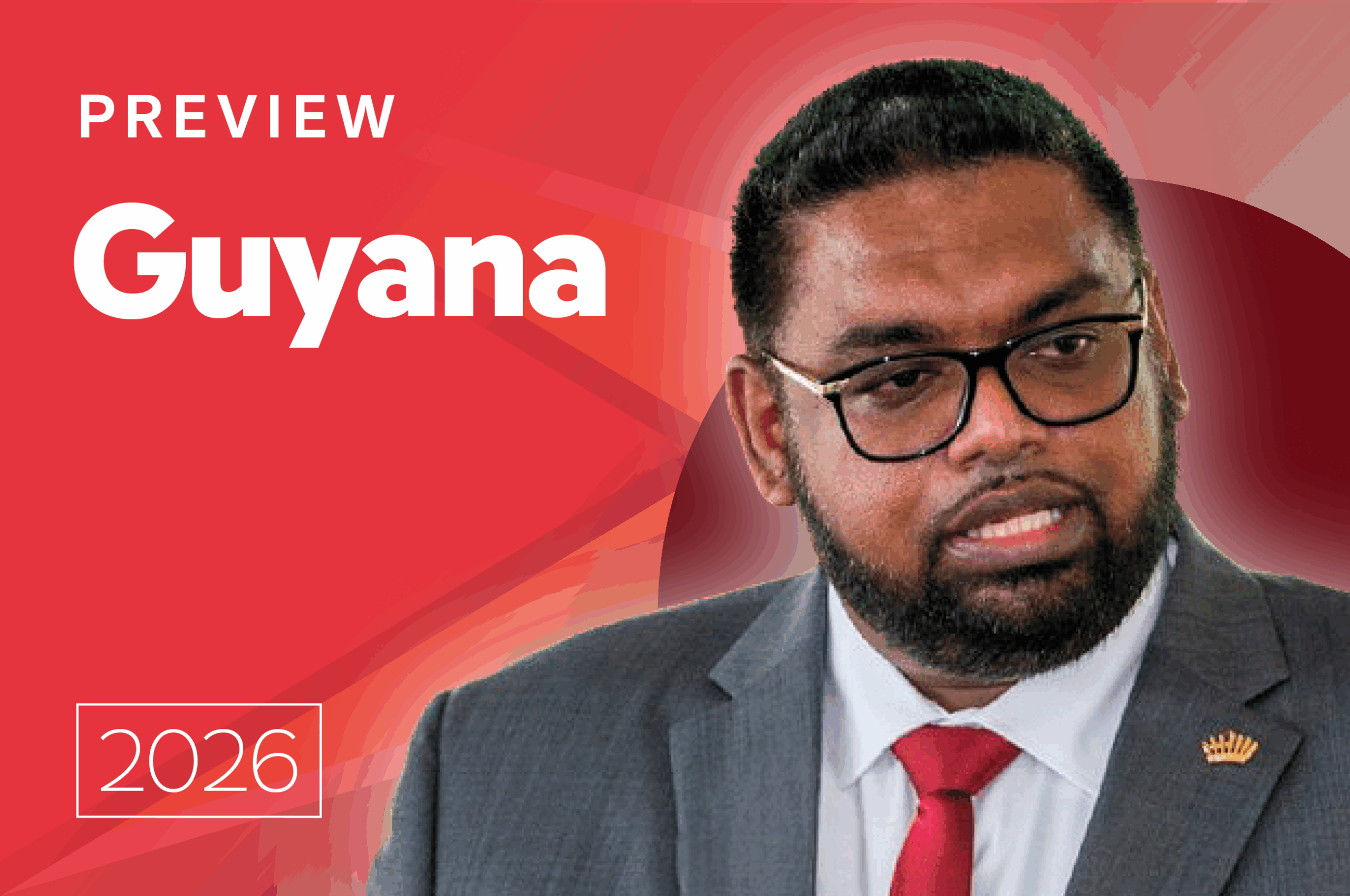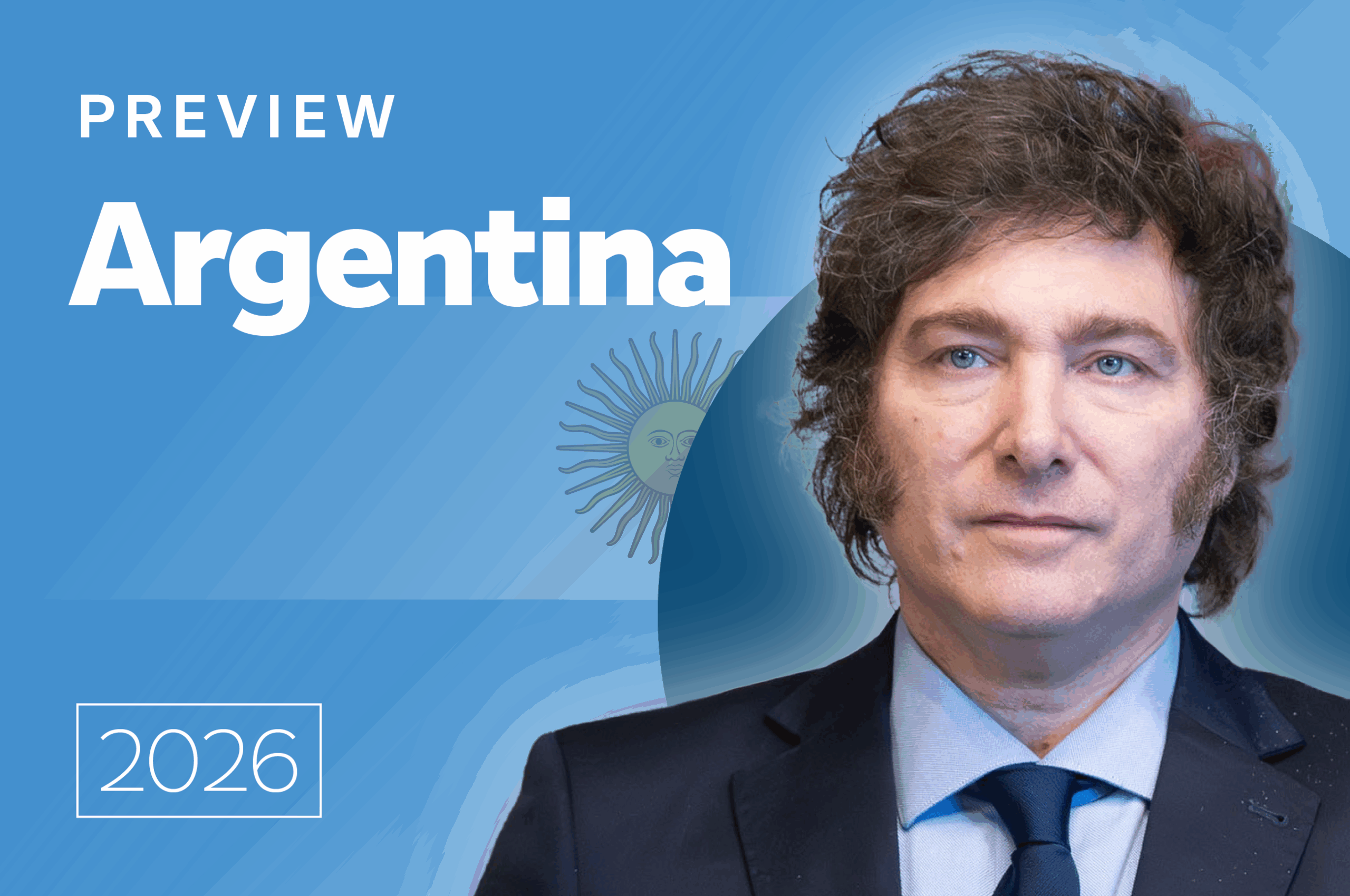End the Credit Squeeze on Latin America's Poor
End the Credit Squeeze on Latin America's Poor
Over the past two decades, democracy has taken hold in the vast majority of Latin American countries. Notwithstanding an anti-market backlash led by Venezuela, the region as a whole has benefited from stable economic policies and improved growth rates. Yet these gains remain imperiled by persistent poverty and income inequality. Read the full article in the Fall 2008 issue of Americas Quarterly.
"The U.S. can smooth the way to broader financial access by easing its enforcement of stringent 'know-your-customer' rules."
Over the past two decades, democracy has taken hold in the vast majority of Latin American countries. Notwithstanding an anti-market backlash led by Venezuela, the region as a whole has benefited from stable economic policies and improved growth rates. Yet these gains remain imperiled by persistent poverty and income inequality.
According to a May 2008 report from the Council on Foreign Relations (CFR) Task Force on U.S.-Latin American relations, to which I contributed as the president and CEO of ACCION International, economic growth in Latin America has lagged behind that of other developing regions. The CFR report, citing figures provided by the World Bank and World Economic Forum, noted that Latin America’s combined economies grew a scant 2.1 percent between 1995 and 2005. The regional poverty rate, now 37 percent, has barely budged in a quarter century. Indeed, the number of poor has risen from 136 million in 1980 to nearly 200 million today.1
The United States plainly has a vital interest in reversing these bleak statistics…
To read more, subscribe and receive an instant digital copy of the Fall 2008 issue.
Already a subscriber? Login now.
María Otero is president and CEO of ACCION International.








